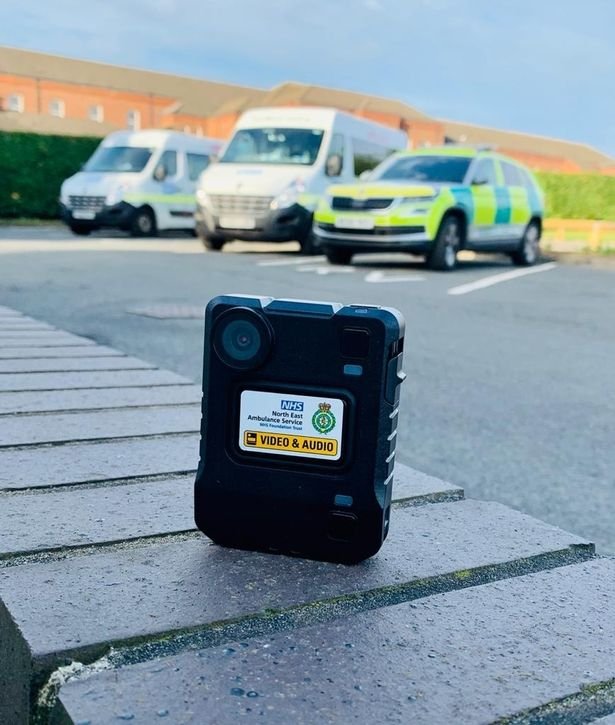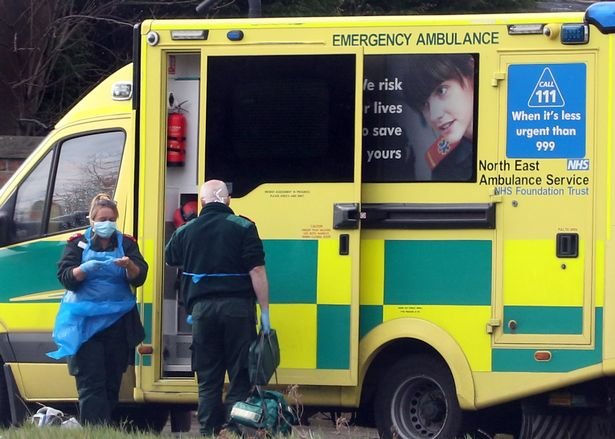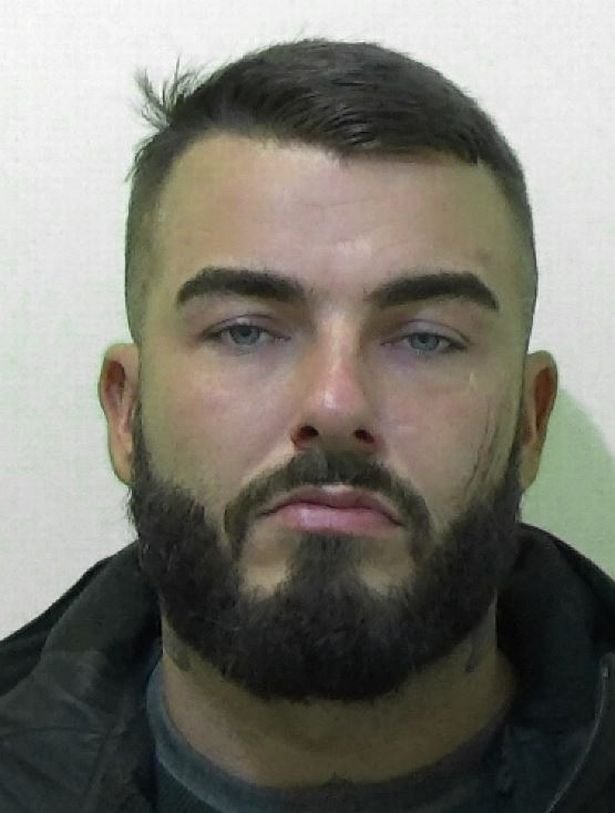They go to work to help others, but now paramedics wear cameras to protect themselves.
All North East Ambulance Service (NEAS) frontline paramedics have access to a body-worn camera following an increase in incidents of violence and assault against them.
All NEAS vehicles are already fitted with CCTV cameras, but the service says two-thirds of incidents happen far from ambulances and bosses want to do more to protect staff.
The move follows a wave of shameful attacks on paramedics last summer, which sparked the launch of the Chronicle’s Justice for Heroes campaign.
Darren Green, Director of Clinical Services at NEAS, said: “Staff safety is one of our highest priorities. If we are unable to protect our staff, we are unable to provide a service tailored to the needs of the public we serve.
“No one comes to work to be mistreated, but especially not when they are here to help people, often the people who mistreat them are the very ones who called them for help.
“We’ve all had an incredibly difficult year, but unfortunately the abuse of our staff has continued to increase, which means these cameras are needed more than ever.”
NEAS was the first ambulance service to test body-worn video cameras in 2018 with around 40 frontline staff participating in a pilot project.
The trust then secured a funding offer from NHS England to buy another 160 cameras last year and has now received enough money to buy another 200, meaning every ambulance station in the region will now have access to a camera.

(Image: document)
So far this year, NEAS has recorded 252 incidents of violence and assault, ranging from verbal abuse to physical assault.
Alcohol remains the main contributing factor, followed by mental health and drug abuse, according to the service. The day or time of the week does not appear to be a factor in the assaults, with recent data showing staff are as likely to be attacked on a Tuesday as they are on a Saturday.
In addition to providing evidence after an attack, it is hoped that the cameras will also play a role in preventing abuse.

(Image: Newcastle Chronicle)
Mr Green continued, “In addition to providing evidence to support criminal convictions, cameras can also often defuse a situation, thereby preventing an assault in the first place. They also provide staff with greater confidence in the face of an assault. difficult or risky situation.
“The availability of body-worn cameras for our staff is something we have long championed and so we are delighted to have led the trial to help implement them nationally.
“We will continue to work on measures to reduce assaults and liaise with fellow law enforcement colleagues to ensure that action is taken following any criminal acts against staff or the Trust. We encourage all valued colleagues in the NHS not to tolerate such behavior. “
Gateshead-based paramedic Gary McCaughey, who regularly uses body cameras during the shift, added: “It gives you a little more comfort in the fact that if something happens you can record it, but it certainly acts as a deterrent – you can physically see the situation worsen when you tell the person you’re activating it.
And Hartlepool-based paramedic, Tony Traynor, said: “It focuses the minds; I warned people that I was about to turn it on twice and every time they changed their behavior. Most of the time that can be a case of, he said, she said, but the cameras provide this video evidence that they cannot argue against.
The Chronicle launched Justice for Heroes following the appalling wave of attacks on NEAS workers last summer.
There was a shock after crews suffered three physical attacks in a weekend in July.
And that shock turned to anger when a thug behind an attack, Luke Gallagher, walked out of court.

(Image: Newcastle Chronicle)
Gallagher has been called “shameful” after hitting a paramedic with a dog chain, punching him in the face and pulling him to the ground.
The 28-year-old, from Seaton Delaval, then threw a section of broken wall through an ambulance window, flooding another paramedic with glass.
But although he was convicted of assaulting a rescuer, an offense punishable at the time by a maximum of 12 months behind bars, he received a suspended prison sentence.
The move was greeted with dismay by Chronicle readers, with hundreds of people posting comments on social media saying he should have been sent to jail.
Last week, the Sentencing Council issued guidelines for sentencing thugs who attack rescue workers for the first time.
More about this article: Read More
Source: www.chroniclelive.co.uk
This notice was published: 2021-06-01 23:01:00
